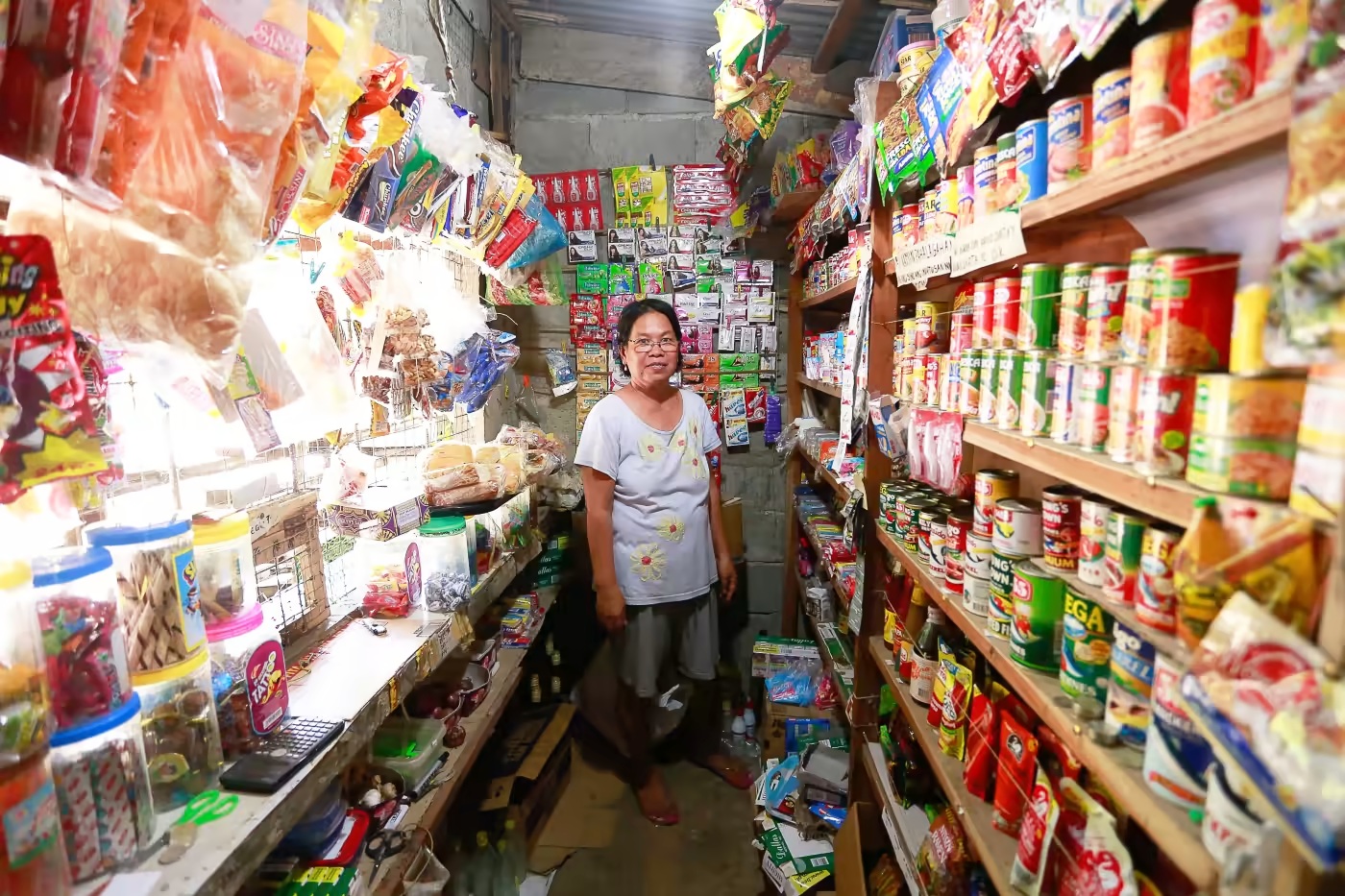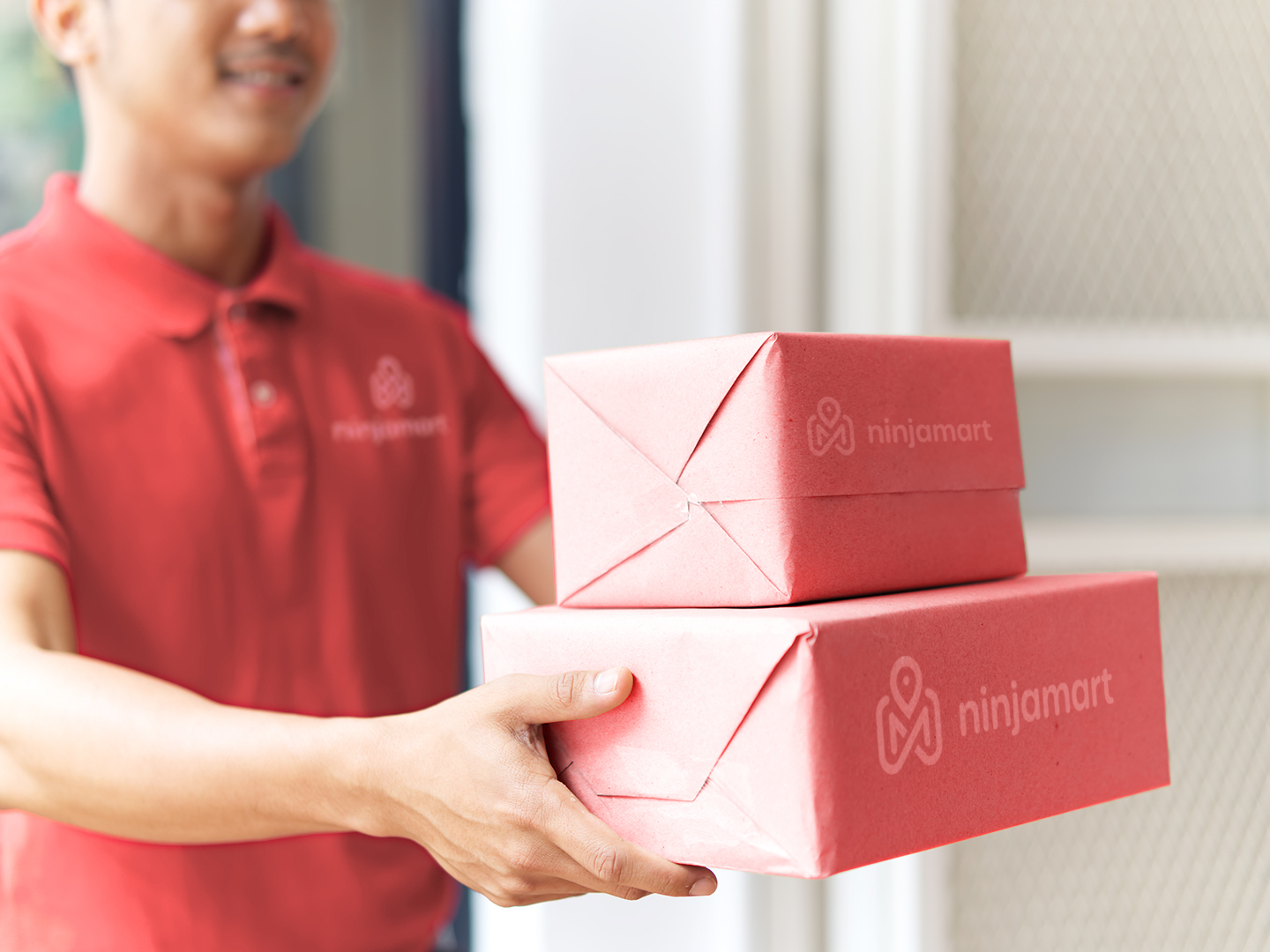Rural areas are an important part of the global economy since they are home to a large population.
Did you know that in Malaysia, 22% of people live in rural areas, while in Vietnam, the number jumps to 62%? Even with the rise of modern retail and e-commerce, local small businesses still play a crucial role in rural communities. They offer employment opportunities and serve as community hubs where residents gather and socialise.
In Southeast Asia, FMCG has grown by 4.2% YoY, with food, beverages, and home care leading the way. Interestingly, Vietnam’s rural regions have outperformed the market with an 8.2% YoY growth rate. This can be attributed to rapid economic development, urbanisation, and increasing disposable income.
During the COVID-19 pandemic, Malaysia saw a surge in FMCG demand, with local convenience stores becoming the go-to source for many consumers. That’s why Ninja Van has focused on serving the general trade industries in these emerging economies, by bridging the gap between mom-and-pop grocery stores and popular FMCG brands.,
We believe that by empowering small businesses, we can contribute to the economic growth of these rural communities while also providing consumers with greater access to their favourite products.
Malaysia’s Urban and Suburban Consumption Patterns
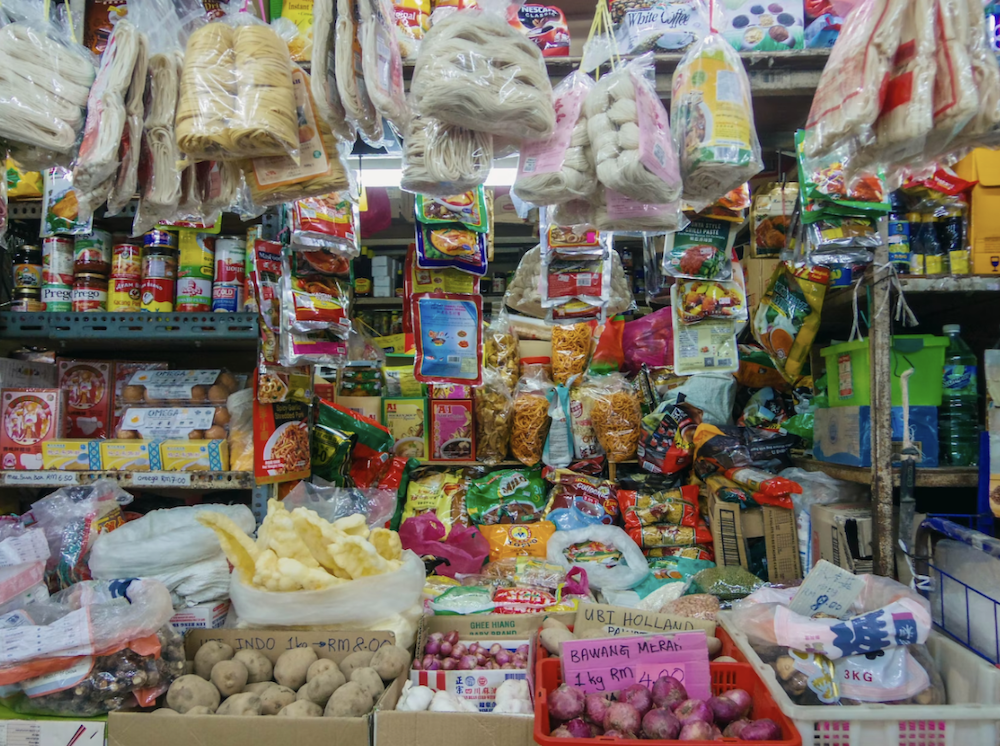
As the world is experiencing inflation, Malaysian households have been adapting their shopping habits. They are cooking more at home, delaying purchases of high-value items, and paying attention to discounts and offers.
Operators of mini-marts and convenience stores are expected to see a surge in business as they are more convenient for shoppers and offer products at more affordable prices compared to big-box retailers.
Trends Driving Malaysia’s Rural Consumption Patterns
To succeed in rural Malaysia, FMCG brands need to understand the unique consumption patterns based on income, lifestyle, culture, and product accessibility.
- People in rural areas have a strong attachment to their cultural heritage, which means they prefer traditional stores and locally produced goods. However, FMCG products are not always available and affordable in rural areas due to limited distribution networks and higher transportation costs.
- The rise of e-commerce across the country has been impactful in targeting rural consumers who are older and less affluent. They can now enjoy the convenience and availability of discounts through bulk purchases. By keeping these habits in mind, FMCG brands can stay relevant and cater to the needs of rural Malaysians.
Vietnam’s Rural Consumption Patterns
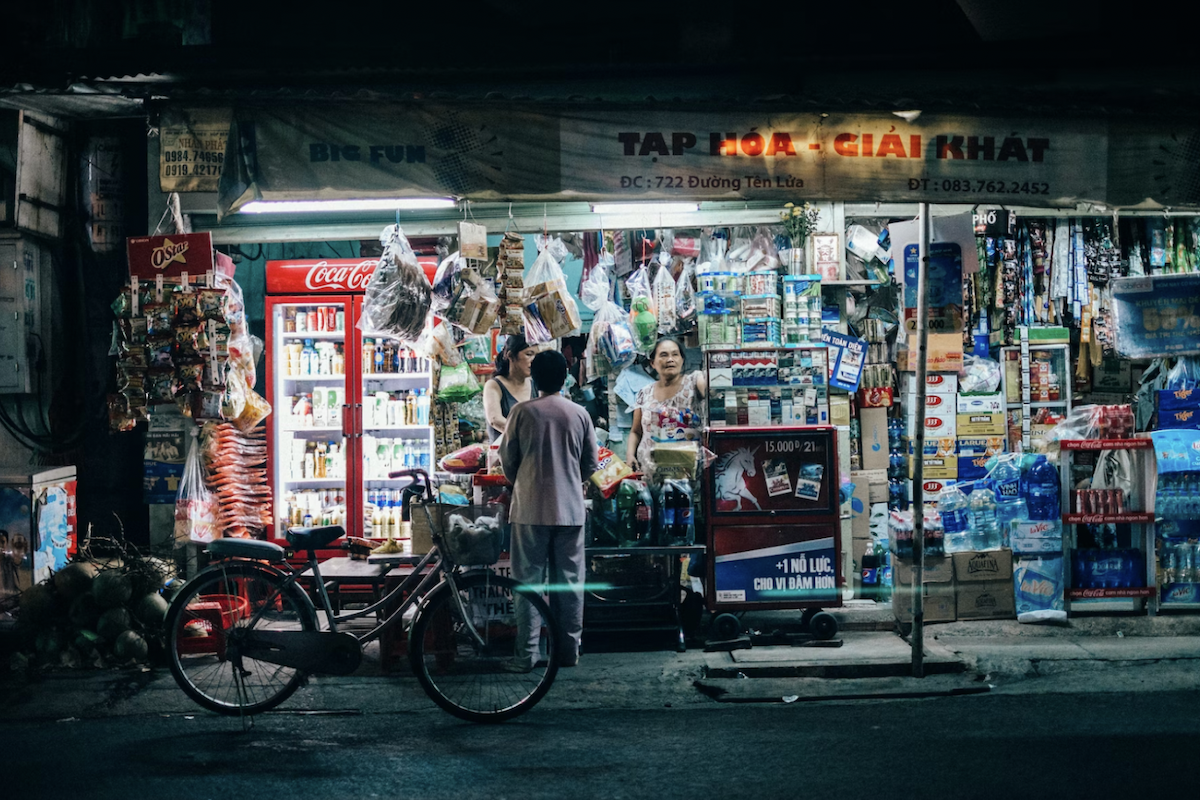
Vietnam’s food scene is a unique mix of traditional and modern markets. It’s a foodie’s paradise!
In the last decade, the buying power of Vietnamese consumers has shifted towards smaller cities and rural areas, like the Mekong and Red River Deltas, which are now growing faster than Hanoi and HCMC.
Did you know that Vietnam’s rural population accounts for 75% of the retail market? That’s a lot of consumers, and they are mainly served by small mom-and-pop stores. These traditional stores play a major role in shaping the country’s economic growth.
But don’t assume that rural consumers are resistant to change. In fact, they’re quite curious about new products, with 77% being eager to try them and a staggering 95% stating their appreciation for a wider range of products.
Ninja Mart – Expertise and Expansion in Rural Malaysia & Vietnam
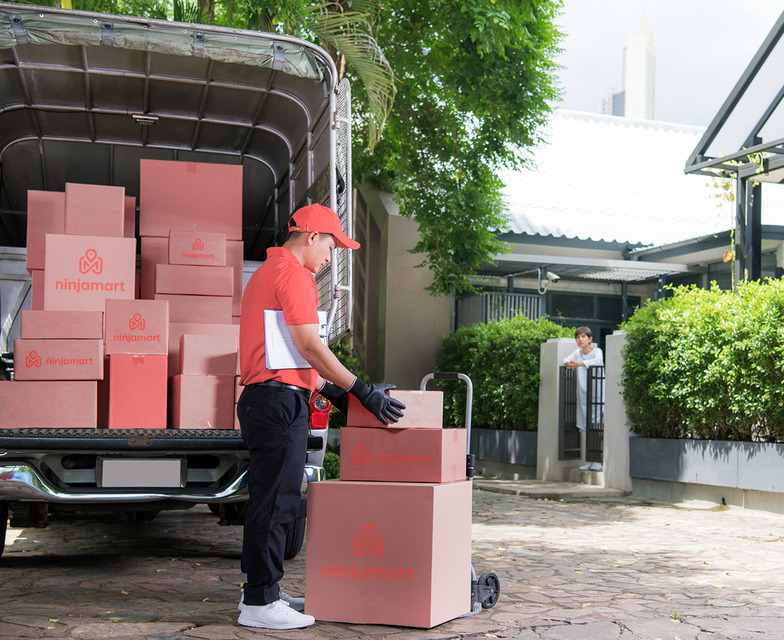
Back in January 2021, Ninja Van unveiled their newest venture: Ninja Mart. This logistic expansion service unit is aimed at helping FMCG brands capitalise on the burgeoning demand for hyper-local grocery stores and provision stores, as well as the need for speedy restocking at mom-and-pop shops.
With Ninja Mart, FMCG brands can take advantage of our extensive fulfilment and distribution centres to reach customers even in the most remote parts of ASEAN’s booming consumer market.
We know that success in business isn’t just about numbers and data, it’s also about building strong relationships with our partners. That’s why we make a point to visit rural grocery stores weekly and get to know the people behind the counters.
Through these interactions, we gain valuable insights into the challenges and opportunities that retailers face, and we use that knowledge to help FMCG brands succeed. We’re able to identify what works and what doesn’t and share those insights with our partners to help them grow.
With dedication and hard work, we’ve expanded our coverage to include over 38,000 stores in Malaysia and 30,000 stores in Vietnam. We also have 27 fulfilment hubs in Vietnam and 11 in Malaysia, so we can provide faster and more efficient service to our partners..




